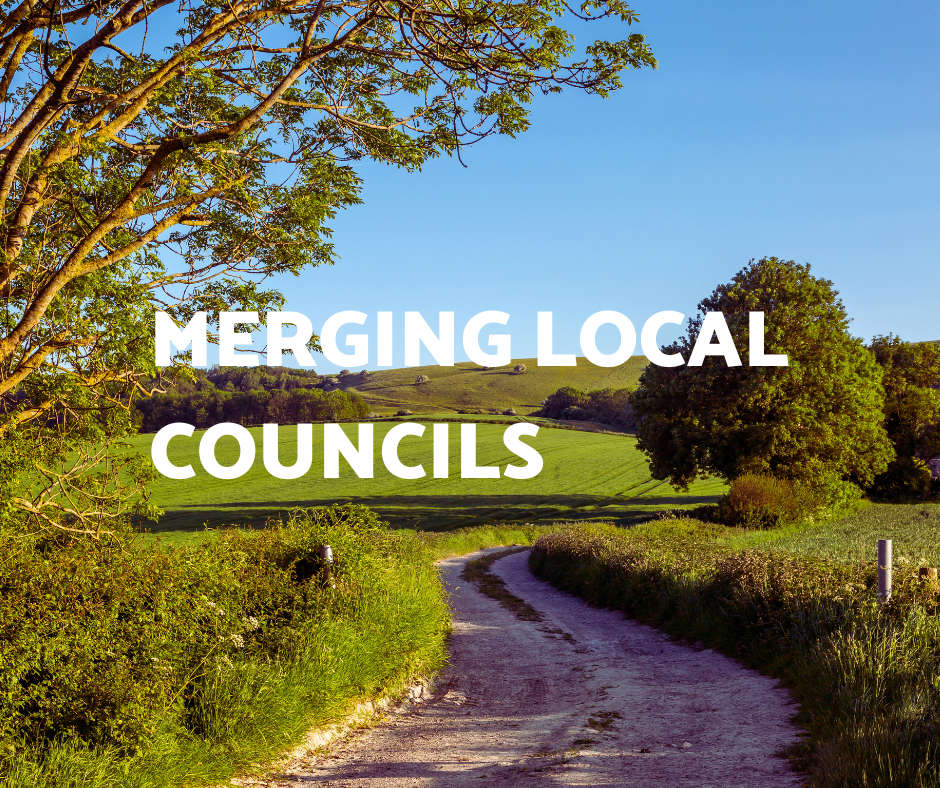
Sussex politicians have expressed mixed opinions on government proposals to consolidate councils and introduce elected mayors.
Zoe Nicholson, Green Party leader at Lewes District Council, criticised the plan as a significant centralisation of power, potentially harmful to local democracy.
On the other hand, Bella Sankey, the leader of Brighton and Hove City Council, believes the changes could offer direct advantages to residents.
This represents the most significant transformation in English local governance in over fifty years.
Why do Labour feel its important to change local councils?
The Labour Party's proposal to merge councils stems from a desire to streamline governance, improve efficiency, and enhance the delivery of public services. Here are some key reasons why Labour supports the idea of merging councils:
-
Cost Savings: By consolidating councils, Labour aims to reduce administrative costs and overheads. Fewer councils mean less duplication of services, which can lead to significant savings in the budget. These savings can then be redirected towards enhancing public services like education, healthcare, and transportation.
-
Improved Service Delivery: Merging councils can lead to more unified and coordinated services. This integration can enhance the quality of service delivery to the public by reducing bureaucratic hurdles and simplifying processes for accessing services.
-
Increased Investment: With larger, merged councils, there can be more room for strategic investments. Larger entities are often seen as more financially stable, which can attract more significant investment in infrastructure and long-term projects that benefit the community.
-
Greater Strategic Planning: Larger councils can potentially facilitate better strategic planning and development. With broader geographical areas and populations under a single administration, planning can be more holistic and encompassing, addressing regional needs more effectively.
-
Stronger Political Voice: Merged councils can wield more considerable political influence, advocating more effectively for their regions at the national level. This increased clout can be crucial in securing government funding and support for local initiatives.
-
Equality and Redistribution: By merging councils, Labour also aims to address disparities between different areas. This approach can help redistribute resources more equitably, ensuring that all communities have access to similar standards of public services.
Labour views these mergers as a way to create a more efficient, equitable, and sustainable system of local government that can better meet the challenges of the 21st century.

 Police in Littlehampton are investigating two instances of fraud involving individuals impersonating police
Police in Littlehampton are investigating two instances of fraud involving individuals impersonating police
 WATCH: Criminals dealt crushing blow as seized e-scooters and electric motorcycles destroyed
WATCH: Criminals dealt crushing blow as seized e-scooters and electric motorcycles destroyed
 Chichester District Council thanks people for helping to shape its work on climate change
Chichester District Council thanks people for helping to shape its work on climate change
 Man charged with attempted murder following incident in Cootham, near Storrington
Man charged with attempted murder following incident in Cootham, near Storrington
 Southern Water questioned by MP's
Southern Water questioned by MP's
 Investigation continues into death of a man in Brighton
Investigation continues into death of a man in Brighton
 Consultation begins to gather people's views on new housing strategy for the Chichester District
Consultation begins to gather people's views on new housing strategy for the Chichester District
 Warning in the South of coastal landfill sites spilling into the sea
Warning in the South of coastal landfill sites spilling into the sea
 East Wittering set to welcome a free pop-up soup kitchen, thanks to UK Harvest
East Wittering set to welcome a free pop-up soup kitchen, thanks to UK Harvest
 Appeal after collision outside Haywards Heath hospital
Appeal after collision outside Haywards Heath hospital






